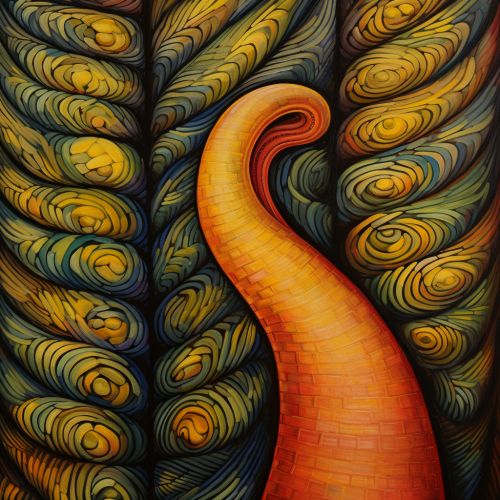Esophageal Strictures
Introduction
Esophageal strictures are a medical condition characterized by the narrowing of the esophagus, the tube that carries food from the mouth to the stomach. This condition can lead to difficulty swallowing, regurgitation of food, and chest pain. Esophageal strictures are typically caused by damage to the esophagus from stomach acid, though they can also be caused by other factors such as radiation therapy, ingestion of corrosive substances, or certain medical procedures.


Causes
The most common cause of esophageal strictures is gastroesophageal reflux disease (GERD). In GERD, stomach acid frequently flows back into the esophagus, causing damage and inflammation that can lead to the formation of scar tissue. Over time, this scar tissue can cause the esophagus to narrow, forming a stricture.
Other causes of esophageal strictures include esophageal cancer, radiation therapy to the chest, swallowing corrosive substances, or damage caused by medical procedures such as endoscopy or surgery. Rarely, esophageal strictures can be congenital, meaning they are present at birth.
Symptoms
The primary symptom of an esophageal stricture is dysphagia, or difficulty swallowing. This can manifest as a feeling of food getting stuck in the throat or chest, or even choking on food. Other symptoms can include regurgitation of food, chest pain, weight loss, and heartburn.
Diagnosis
Diagnosis of esophageal strictures typically involves a combination of a physical examination, patient history, and diagnostic tests. The most common diagnostic test is an upper endoscopy, in which a thin, flexible tube with a light and camera is inserted down the throat to visualize the esophagus. This allows the doctor to see any narrowing or other abnormalities in the esophagus.
Other tests may include a barium swallow, in which the patient swallows a liquid containing barium that coats the esophagus and makes it visible on X-rays, and esophageal manometry, which measures the pressure in the esophagus during swallowing.
Treatment
Treatment for esophageal strictures depends on the severity and cause of the stricture. In many cases, treatment involves dilating, or stretching, the esophagus. This can be done using a balloon or a dilator during an endoscopy. In severe cases, or if the stricture is caused by cancer, surgery may be necessary.
Other treatments may include medications to reduce stomach acid and prevent further damage to the esophagus, changes in diet, and in some cases, placement of a stent to keep the esophagus open.
Prognosis
The prognosis for esophageal strictures largely depends on the underlying cause. If the stricture is caused by GERD, prognosis is generally good with appropriate treatment. However, if the stricture is caused by cancer, the prognosis can be more serious.
Prevention
Prevention of esophageal strictures primarily involves managing conditions that can lead to the development of strictures, such as GERD. This can include lifestyle changes such as diet modification, weight loss, and avoiding alcohol and tobacco. Medications that reduce stomach acid can also be helpful in preventing damage to the esophagus that can lead to strictures.
